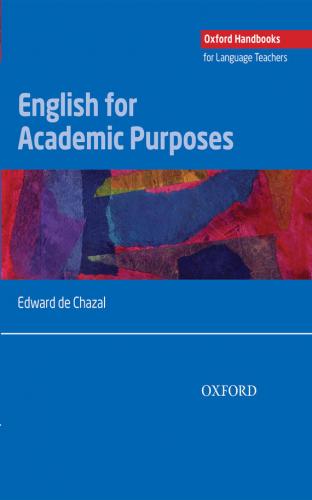Myth 7: EAP is objective rather than subjective
Academic texts have been described as ‘objective’ rather than ‘subjective’ (for example Clanchy and Ballard (1981: 74, and 1992; also cited in Jordan 1997: 244), but this statement is overgeneralized and highly misleading. The academic world is both objective and subjective. It is objective in the sense that it searches for and transfers knowledge, and this knowledge needs to be in some sense validated. Research needs to be replicated in different contexts in order to yield similar results. However, different interpretations and evaluative responses are highly valued and essential to the dissemination of ideas and research. Such interpretations may be responses to objective evidence, but by their nature they are subjective: one person’s interpretation or evaluation of the same evidence may differ from another’s. A significant part of critical thinking is subjective and carried out by ‘subjects’ or people. None of the following examples of academic thought is an objective ‘fact’: a theory of learning; the assessment of the impact of a historical event or medical trauma; a policy response to a crisis. There is subjectivity in all of these. Academic practice is concerned with relations between objective phenomena, such as the findings of a piece of research, and subjective responses, such as interpretation and evaluation. It is important to bear in mind that these responses need to be grounded in evidence rather than seemingly plucked out of the air.
Конец ознакомительного фрагмента.
Текст предоставлен ООО «ЛитРес».
Прочитайте эту книгу целиком, купив полную легальную версию на ЛитРес.
Безопасно оплатить книгу можно банковской картой Visa, MasterCard, Maestro, со счета мобильного телефона, с платежного терминала, в салоне МТС или Связной, через PayPal, WebMoney, Яндекс.Деньги, QIWI Кошелек, бонусными картами или другим удобным Вам способом.
